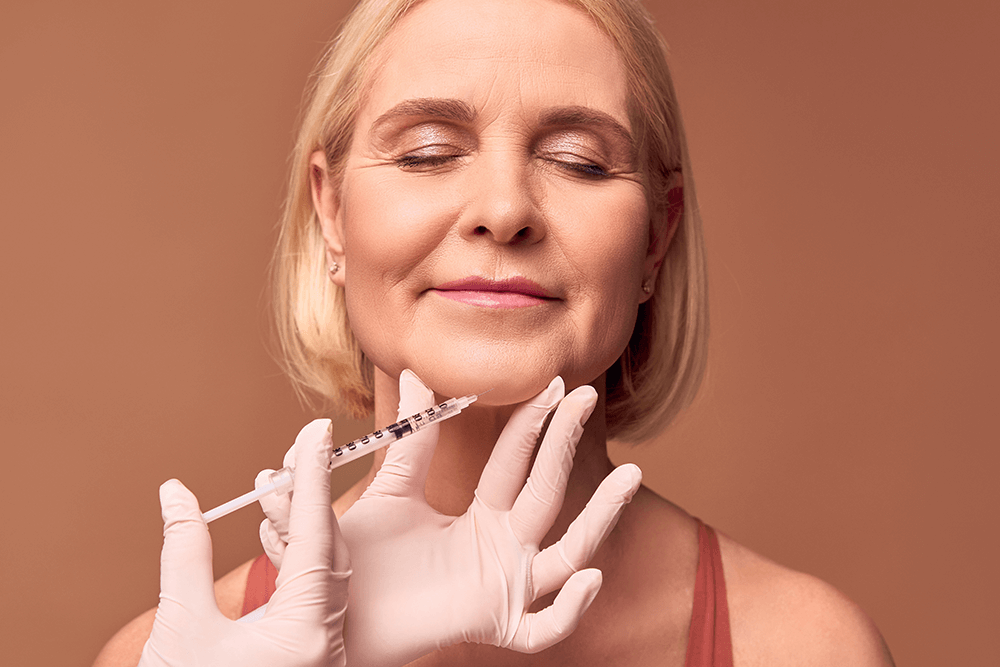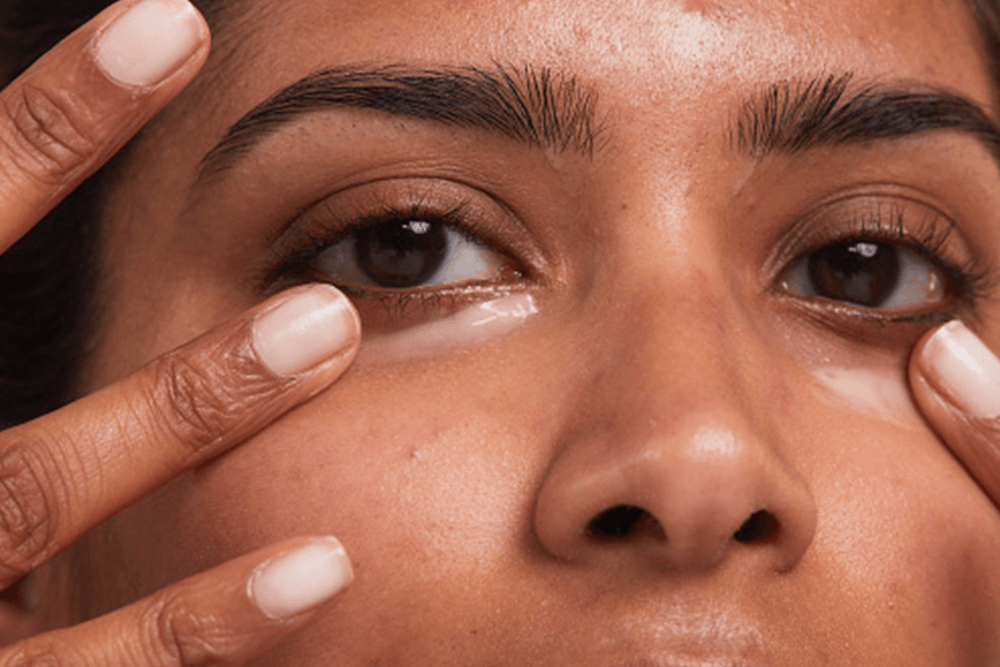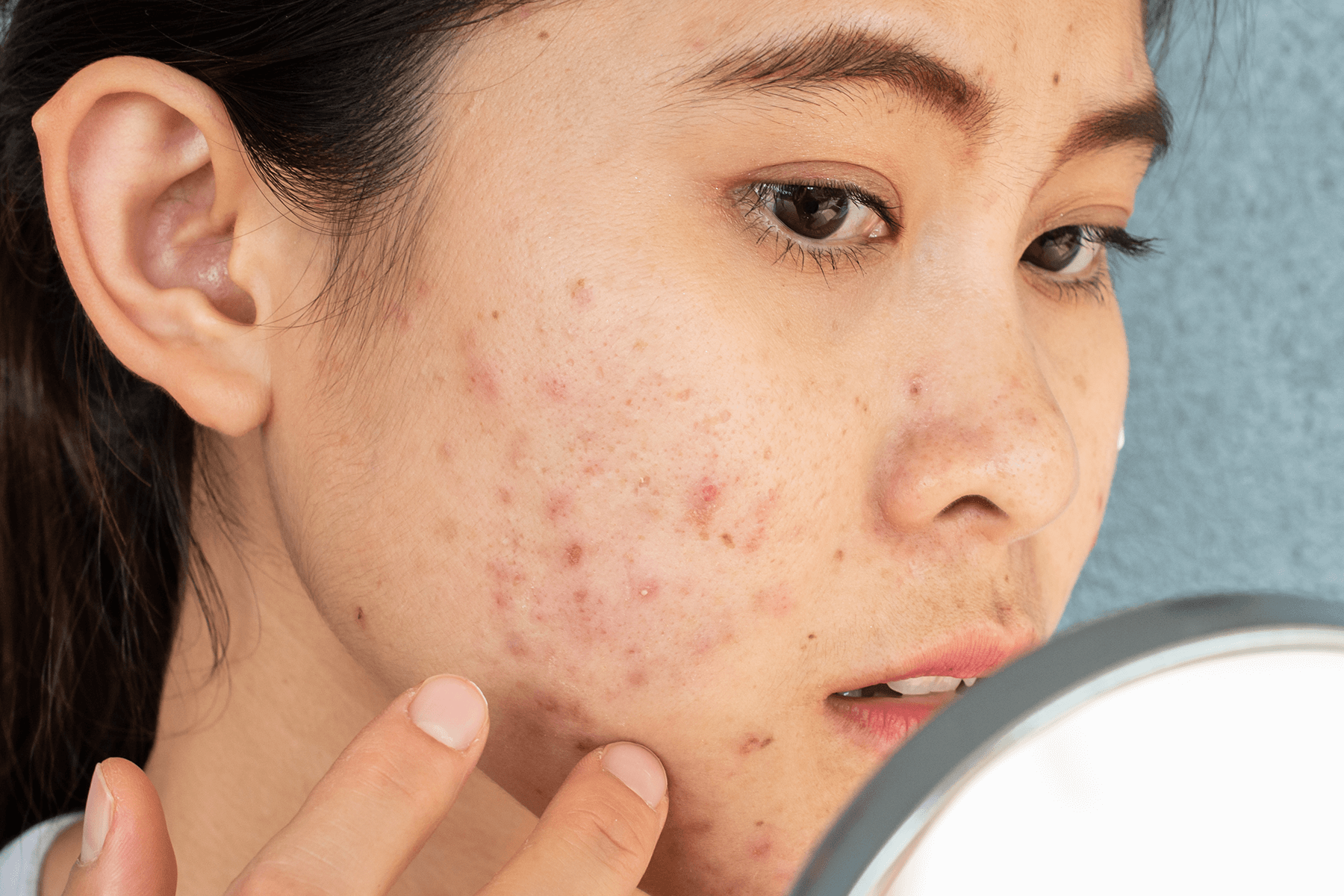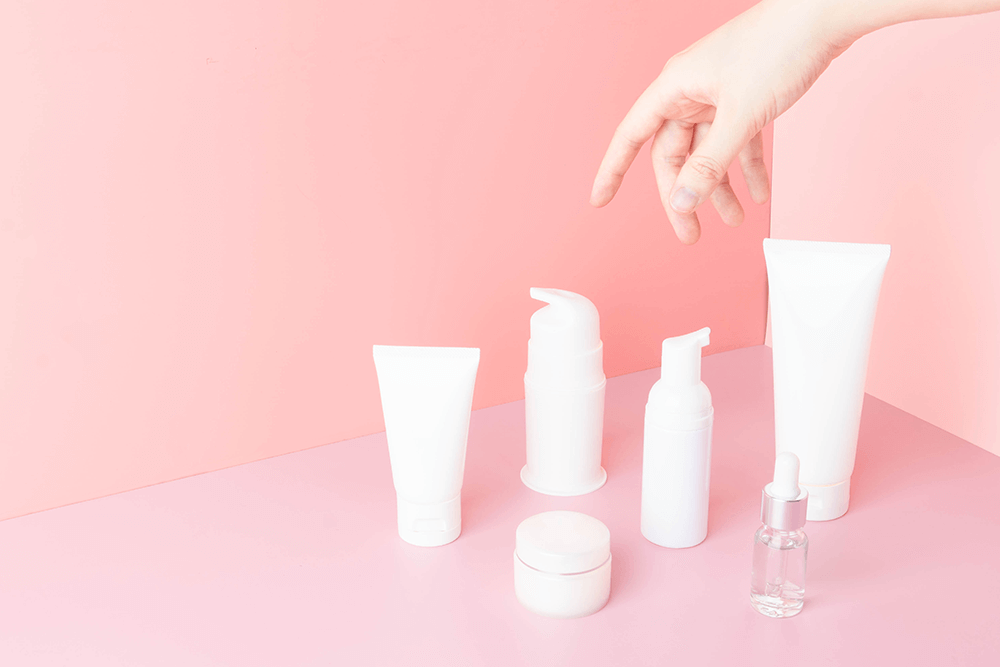The+Source
Whether you've decided your skin could use a touch of plumping, via a filler like Restylane, or some slight relaxing with a neuromodulator such as Botox, the first thing you'll want to do is make sure you're going to a trusted, board-certified provider to ensure you get great results and minimize your risk of complications.
Injectables have become the go-to treatment for reversing signs of aging; however, they're also notorious for leaving their temporary mark. Proper before and aftercare can help reduce telltale side effects like swelling, redness, and bruising and prolong the results of your treatment. So if you're looking to skip over those pesky post-injection blues and go straight to youthful, smooth skin, you'd be wise to follow our advice below.
What to know about injectables before you go
Anything that thins the blood, whether it’s a prescription medication or not, can make you more prone to bruising. Consult with your doctor in advance, but generally speaking, it’s a good idea to avoid aspirin, ibuprofen, and supplements like fish oil, vitamin E, ginger, ginseng, garlic, or St. John’s wort in the week before your procedure. Also, alcohol — so hold on the evening nightcap for a few days prior. It’s also wise to avoid these ingredients for at least 48 hours after your injections. (But again, consult with your doctor about your individual medication plan.)
How do you take care of your skin right after your appointment?
Once your dermatologist has finished your injections and you’re happy with the results, here’s what to do next:
1) Apply a cold compress to reduce swelling
You never want to put ice directly on your skin (freezer burn is real).
2) Otherwise, keep your hands off the injection site
Unless your derm gives you specific instructions, avoid touching or massaging the area you’ve had treated for at least three days because you don’t want the material to spread into unwanted places. This means no facials, no waxing, no chemical peels, no microdermabrasion, and no other skin treatments, like microcurrent, needling, or laser hair removal. Also, assuming you’ve had your face injected, try sleeping on your back for a couple of days.
3) Don’t get overheated
Blood rushing to your face is another way to mess up your injectables. Avoid activities that will cause you to overheat for at least 24 hours post-injection. That means steering clear of strenuous workouts, saunas, steamy showers, and direct sunlight, as heat will just exacerbate swelling.
4) Break up with makeup
Not forever – just long enough to give skin time to adjust (so, around 24 hours).
What skincare is OK to use after injectable treatments?
Gentle is the name of the game here. The last thing you want to do is irritate already sensitive tissue because that diverts skin’s self-healing focus from your injection sites to the areas that are now inflamed by your skincare selections. That means:
- Soothing cleanser: Remove dirt and pollution while comforting skin with our Dr. Dennis Gross Hyaluronic Marine Meltaway Cleanser.
- Arnica gel: This plant has long been used topically to reduce bruising. Apply a gel formulation up to three times daily for seven days on injected areas to help minimize the chance of any bruise development.
- Reparative serums: Right now, your skin needs topical treatments that help hydrate and nurture it while boosting its ability to self-heal. Our Dr. Dennis Gross DermInfusions Fill + Repair Serum is formulated with four molecular weights of hyaluronic acid for hydration throughout skin’s different layers, plus antioxidant ectoin, which calms irritation. And our new Dr. Dennis Gross DermInfusions Plump + Repair Lip Treatment contains those same ingredients, plus additional skin-soothing antioxidants bisabolol and centella asiatica for even more repair and protection.
- Lightweight moisturizer: Again, the goal is simply to hydrate skin while it’s in its healing phase. Our Dr. Dennis Gross Hyaluronic Marine Oil-Free Moisture Cushion is hypoallergenic and loaded with hyaluronic acid and aloe.
- All-mineral SPF: Chemical sunscreen ingredients have drawbacks, including triggering irritation. But you can’t go without daily SPF (whether you have injectables or not). Instead, select a physical block, like our Dr. Dennis Gross All-Physical Lightweight Wrinkle Defense Broad Spectrum Sunscreen SPF 30, made with minerals to deflect UV rays without upsetting skin.
- LED devices: The exception to the “no skincare treatments” rule is light-emitting diodes (LEDs). Red LEDs have actually been proved to reduce redness, swelling, and inflammation, making them an ideal complement to injectable sessions. Just three minutes a day of our Dr. Dennis Gross DRx SpectraLite FaceWare Pro or new Dr. Dennis Gross DRx SpectraLite LipWare Pro can help bring down post-procedure swelling and speed healing.
What skincare should you avoid after injectable treatments?
Anything described as “active.” The last thing you want to do is give your skin more work to do by exposing it to stimulating ingredients. So skip retinols, alpha or beta hydroxy acids, and vitamin C for at least four days after your in-office injections. Same goes for skincare tools, like jade or quartz rollers and gua sha stones.







